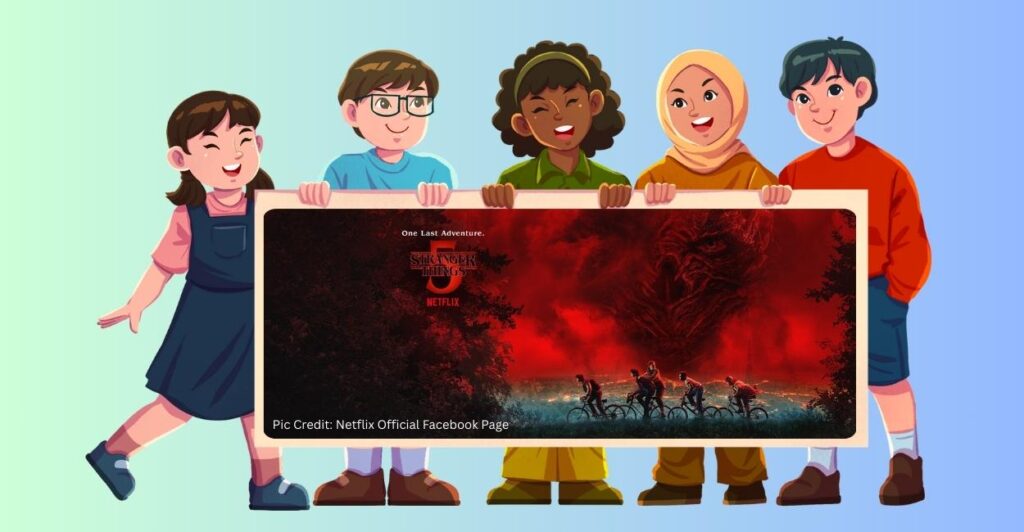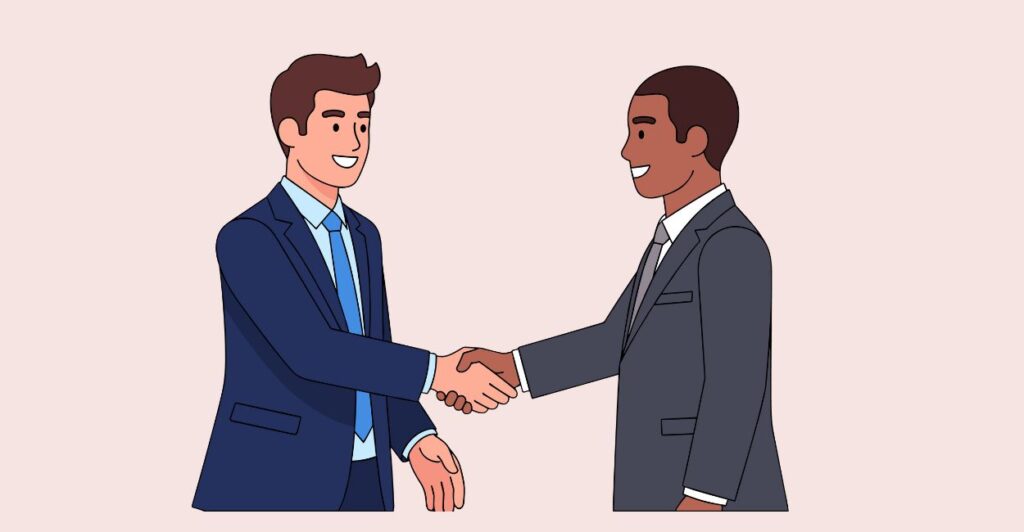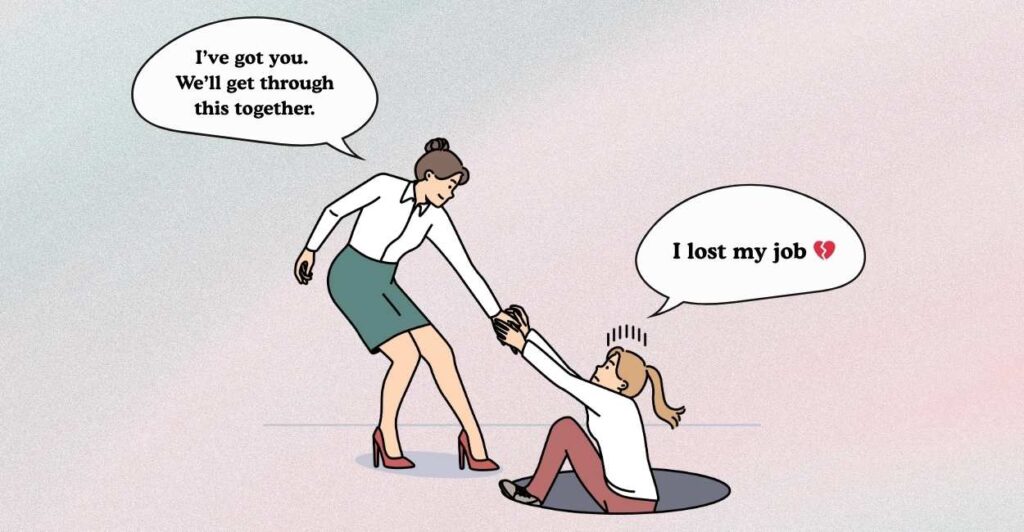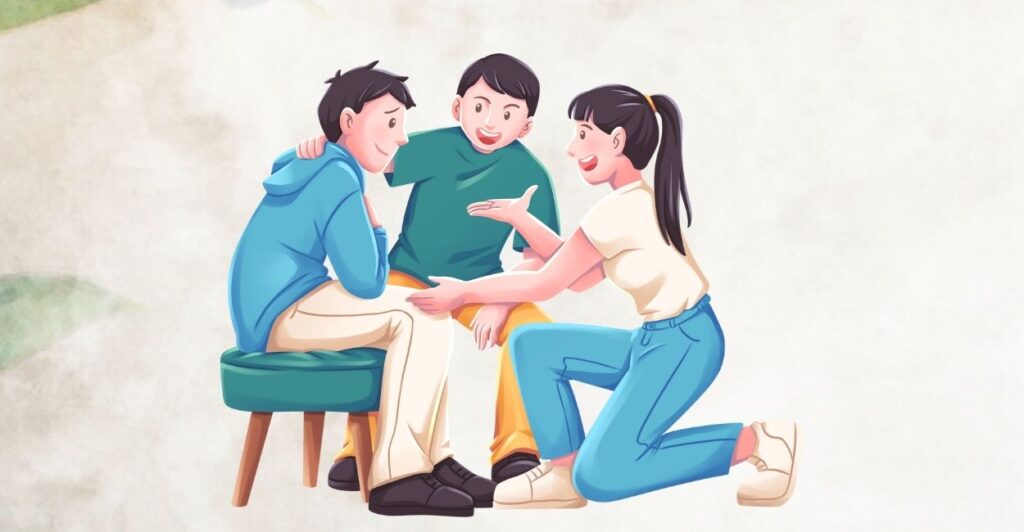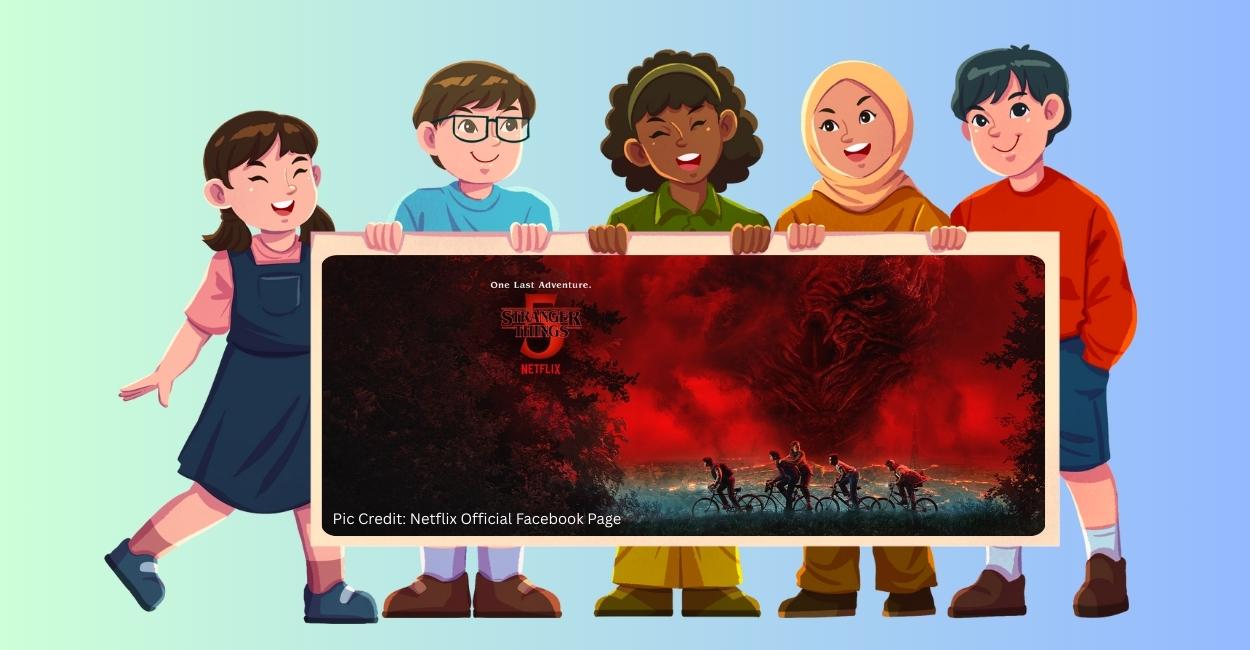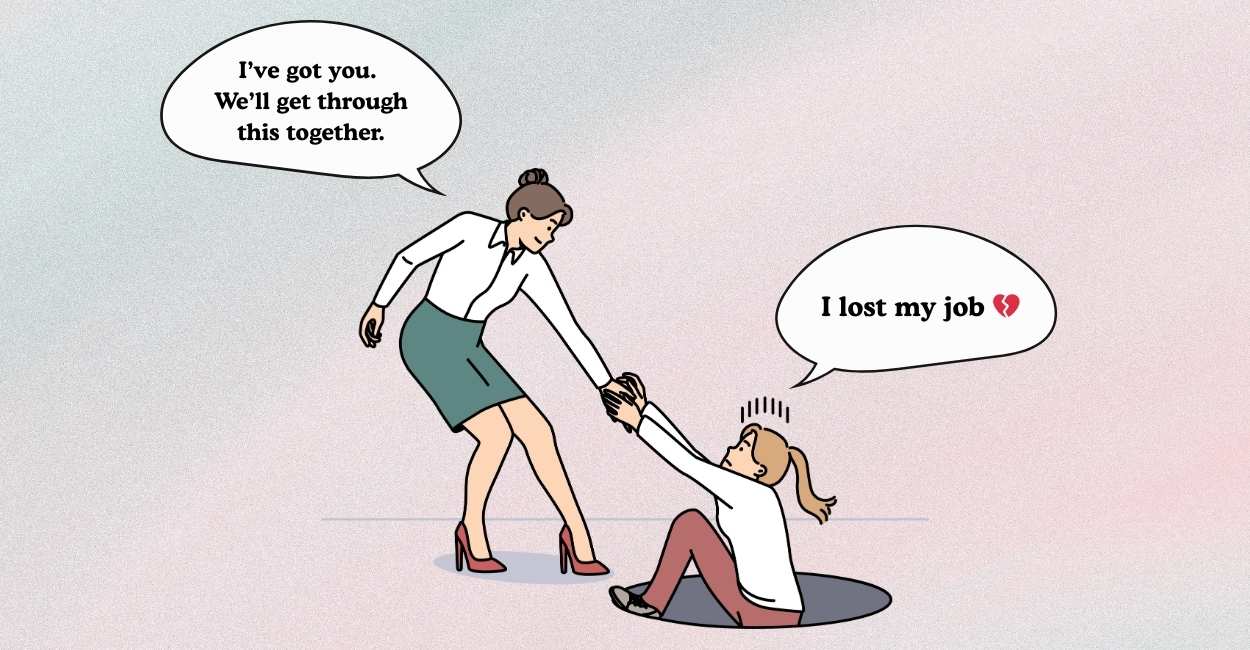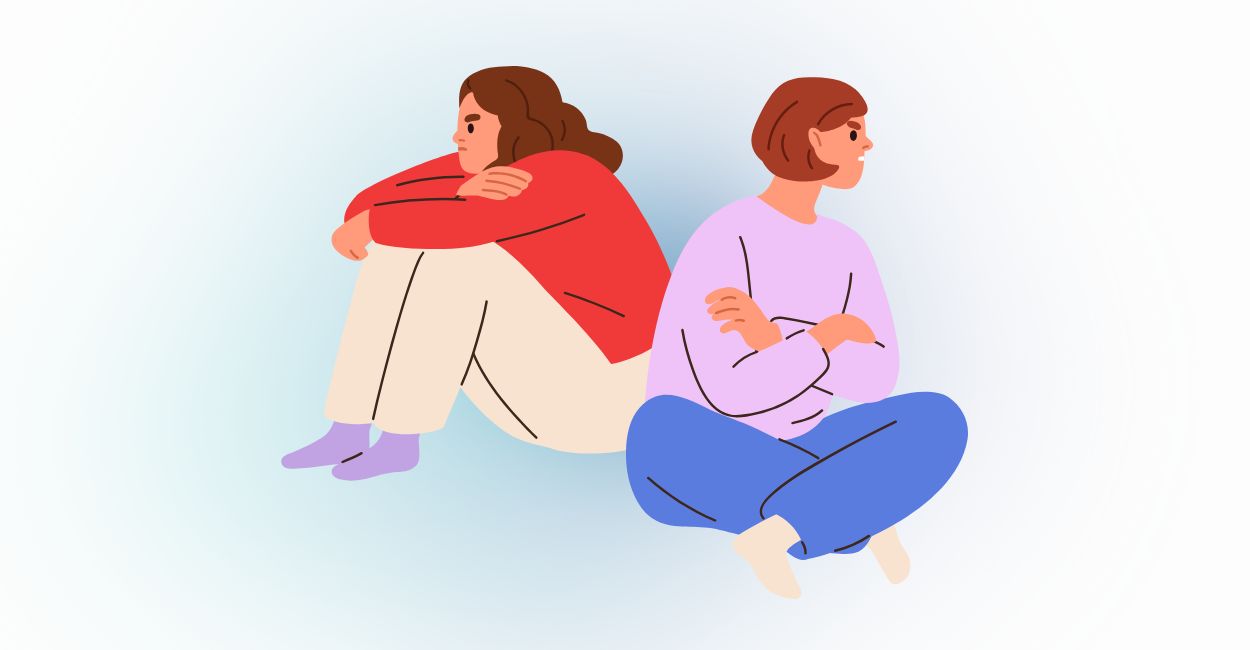Experts Insight: When To Walk Away From A Friendship
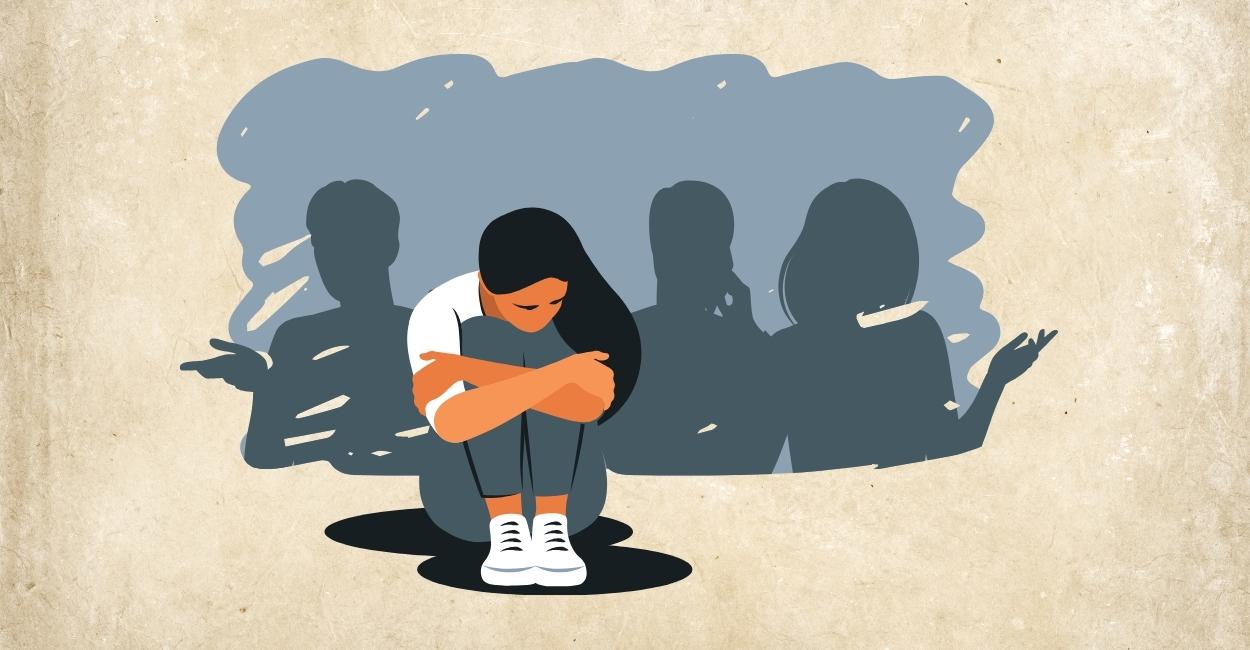
Friendship is indeed the most precious and rewarding of all relationships. They are all about offering laughter, support, and companionship. But not all friendships are meant to last forever. Hence, you must know when to walk away from a friendship.
Sometimes, we outgrow people for many reasons, but unfortunately, we can’t really guess the signs. Hence, we have compiled a list, with the help of experts, to assist you in navigating this problem. So, here we go!
When To Walk Away from A Friendship?
If you are feeling drained in this relationship, it’s better to recognize these signs and ask yourself: Is this friendship still serving me?
1. You feel drained or anxious after every interaction
One of the tell-tale signs that it’s time to walk away from a friendship is when you feel emotionally depleted. Dr. Sam Zand, CEO/Founder of Anywhere Clinic, points out, “If you’re consistently left feeling anxious, insecure, or energetically depleted after spending time with someone, that’s more than just a ‘bad vibe’—it’s your nervous system telling you that the relationship may be emotionally unsafe or mistuned to your needs.”
Furthermore, Martin Weidemann, Owner of Mexico-City-Private-Driver.com, adds that true friendship should recharge you and not wear you down. “If every meeting with a friend leaves you more exhausted than energized, it’s worth asking why,” he adds.
2. You feel disrespectful in the friendship
Sometimes, words wound a person deeply. So, if your friend belittles you and ignores your boundaries or jokes about your situations under the guise of humor, then it’s not fun – but immense disrespect.
Dr. Ishdeep Narang, MD, Child, Adolescent & Adult Psychiatrist and Founder of ACES Psychiatry, notes, “In my practice, I often hear from patients whose “friends” belittle their new job or relationship. This behavior stifles personal growth by creating an environment where you feel unsafe sharing good news or being your authentic self for fear of criticism or passive aggression.”
3. You fear striking up a conversation
Rory Keel, Owner of Equipoise Coffee, says, “When you dread interactions that should bring comfort and support. In healthcare, patients often stay in toxic relationships with providers who dismiss their concerns, just like people cling to friendships that drain rather than energize.”
If friendships give you chills and do not energize, then there’s no point in such friendships. Additionally, if you are constantly feeling anxious, guilty, or even manipulated after spending time with a friend, that’s a sign to think about this relationship.
4. When the friendship is constantly one-sided
Friendships are meant to be reciprocal – two-sided and not one-sided. If you think you are the only one reaching out, initiating conversation, meetings, or being emotionally available, then that’s a red flag for sure.
Emily Linder, LPCC-S, Therapist, Calibrations Counseling & Consultation, LLC, pointed out, “You’re doing all the emotional labor. If the dynamic feels one-sided, if you’re always the one reaching out, listening, or apologizing, it may not be a friendship anymore; it may be an unpaid role. Reciprocity is essential for trust and safety.”
Additionally, Marcelina Hardy, Spiritual Career Coach, Intuitive Clarity Coaching, cites, “Behaviorally, you might notice the dynamic is one-sided—you’re always giving, they’re always taking. Or maybe the relationship revolves around gossip, negativity, or your past selves, keeping you tied to an identity you’ve outgrown.”
5. Your thoughts aren’t similar anymore
Life changes, and so do thoughts with it. Sometimes, friendships naturally start fading and begin to go in different directions. Eventually, if you start feeling that your goals and vision don’t match, then it’s better to bid adieu to such a friendship.
Dr. Ishdeep Narang says, “As we navigate life, our priorities and ethics evolve. If you find yourself in a friendship that consistently requires you to compromise your integrity, tolerate negativity that clashes with your outlook, or remain silent on issues that matter deeply to you, it’s a sign that your paths have diverged. A friendship that once fit may no longer align with the person you are becoming, and letting go is a necessary step to honor your own growth.”
Furthermore, Marcelina Hardy adds, “Situationally, if every time you grow or evolve, it causes distance, discomfort, or even sabotage from the other person, that’s a sign. Friendships rooted in outdated soul lessons can begin to feel misaligned when you step into new levels of healing or purpose.”
6. Your trust has been broken repeatedly
Forgiveness is important, but no one likes repeated betrayal, gossip, or dishonesty. Undoubtedly, it shatters the core of friendship – trust. Once this very core ingredient of a great friendship – trust is broken, the situation can be beyond repair. Furthermore, clinging to the past can do nothing but harm; it inevitably hurts.
Emily Linder, says, “The friendship is rooted in fear, obligation, or nostalgia. Sometimes we stay because “we’ve been friends forever” or “they need me.” But shared history doesn’t justify present harm. Relationships built only on obligation keep us stuck in patterns we’ve outgrown.”
7. You lose yourself in the friendship
Sometimes, to hold onto a friendship, we compromise way too much. Dr. Sam Zand points out, “When you find yourself walking on eggshells, filtering your truth, or molding your personality to keep the peace, that’s a sign of a conditional friendship. Healthy connections allow for authenticity, not performance.”
Yes, in the process, you start losing yourself, your identity, and your personality. “Friendship should allow room for authenticity. If you’re constantly masking, minimizing, or filtering yourself to maintain the connection, you’re not growing, you’re shrinking,” notes Emily Linder.
8. They are jealous of you
“They dismiss your growth. Whether it’s emotional, professional, or spiritual, real friends evolve with you. If someone tries to keep you in a box or downplays your progress, they’re trying to stay comfortable — at your expense,” says Martin Weidemann.
Jealousy becomes their core ingredient to belittle you to the fullest. “They mock your growth or belittle your goals. Some friendships bond over old versions of ourselves. But when someone responds to your healing or success with jealousy, sarcasm, or dismissal, that’s not playfulness; it’s a threat response. True friends support your evolution,” cites Emily Linder.
Does This Mean You Are the Villain?
Knowing the signs about when to walk away from the friendship doesn’t mean you are the villain. In fact, you are trying to break the loop of toxicity for your inner peace. Indeed, breaking a toxic friendship is the path to self-respect, wherein you care for yourself compassionately.
“Healthy friendships can survive disagreement. But if issues are met with gaslighting, silent treatment, or emotional volatility, the space becomes unsafe. Repair matters more than perfection,” points out Emily Linder.
On the other hand, Marcelina Hardy says, “You don’t always need a dramatic ending. Sometimes, the most respectful, spiritually aligned thing you can do is release with love and gratitude—for what it was and for who you’re becoming.”
Final Thoughts
Determining when to walk away from a friendship can be challenging because the thought of letting go of a friendship is a deep-seated grief. However, it also opens space for new, healthy, and nourishing relationships that can give you more than you desire. After all, you are allowed to protect your peace, happiness, and self-worth while choosing relationships that give you a fulfilling life.


